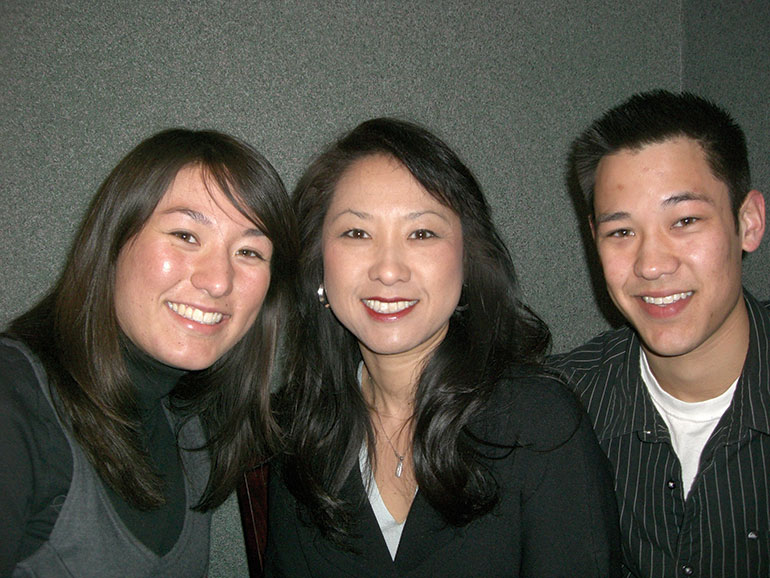At a recent workshop for adoptees, there was a discussion on the subject of stereotypes. Many of the 10- to 14-year-olds in attendance were unfamiliar with the term. But when examples of Asian stereotypes were listed — math club geek, China doll, kung-fu fighter, laundry worker, rice eater, and so on — they all began to giggle with recognition.
Old martial arts movies, as well as today’s mainstream media, had filled their minds — and those of their schoolmates — with a narrow array of characters that defined Asians. The kids knew all too well the nicknames, assumptions, and expectations that were put on them based on their physical and racial features.
As parents, we want our children to be aware of racial stereotypes, but not feel defined or restricted by them. We want to encourage their individuality. Here are some ways to begin.
Stay current. New racial stereotypes are always cropping up, in the media and in our culture. Become aware of them — and their power — by viewing what your kids watch on TV and at the movies. Even when Asian characters seem harmless (an exotic beauty) or humorous (American Idol contestant William Hung), these stereotypes perpetuate racist myths.
Talk about the negative. If your child has been called a “math geek” or teased because he has “slanty eyes,” take some time to discuss this. You might say, “Sometimes people don’t have friends who are different, so they just believe what they’ve seen in the movies or on TV. They haven’t been taught to respect people of other backgrounds.” Then help your child come up with appropriate ways to respond.
Explore positive labels, too. Asians are often referred to as a “model minority” — a race that is collectively labeled hard-working, well-mannered, quiet, and smart. But what if your child is expected to be a math or science whiz, a musical prodigy, or an honor-roll student at school? What if your daughter is always referred to as beautiful or exotic, rather than complimented for her inner traits? These labels can be harmful, too. Children who have unrealistic — or inaccurate — expectations placed on them can feel inadequate or disappointed in themselves for not living up to these assumptions. As a parent, it’s important to help your child find and nurture her unique talents.
Take action. Racial stereotypes are sometimes perpetuated by those closest to us. If family members or friends make comments that unfairly label a group of people, share with them how harmful this can be. If Uncle Bill says, “You have to watch those Chinese; they’re really sneaky,” you might respond, “Uncle Bill, how many Chinese people do you know? You’re making a generalization about more than one billion people!” Then you might add, “Your niece Jenny was adopted from Asia. You wouldn’t want people to speak of Jenny in that way, would you?”
Seek support. As a transracial family, you can often find support among adult adoptees or others in the Asian community. These people can be role models for your child, teaching her how to react in hurtful situations. They can also help you effectively respond to stereotypes in the media. For example, if you find an ad to be racially offensive, you might get together as a group to write, call, or boycott the sponsor of the product. If a radio deejay or other media personality says or writes something offensive, you can pressure that person to apologize. Creating social change begins with small steps. But making the personal commitment to fight back against stereotypes is the first step in making a better world for all of us.



